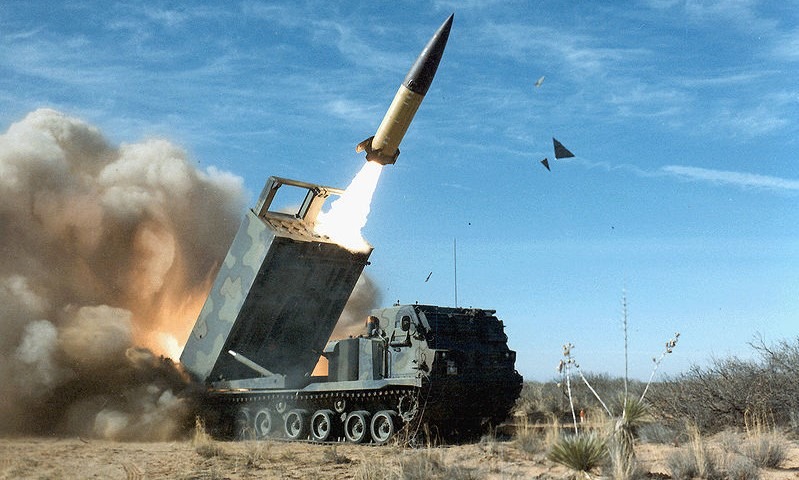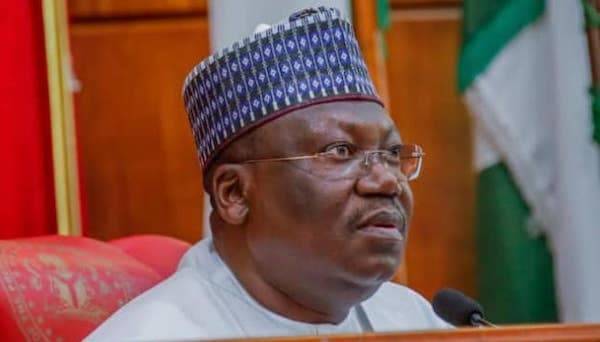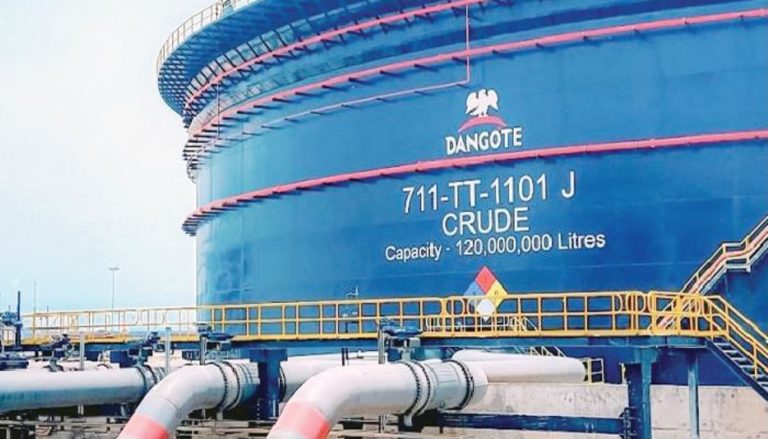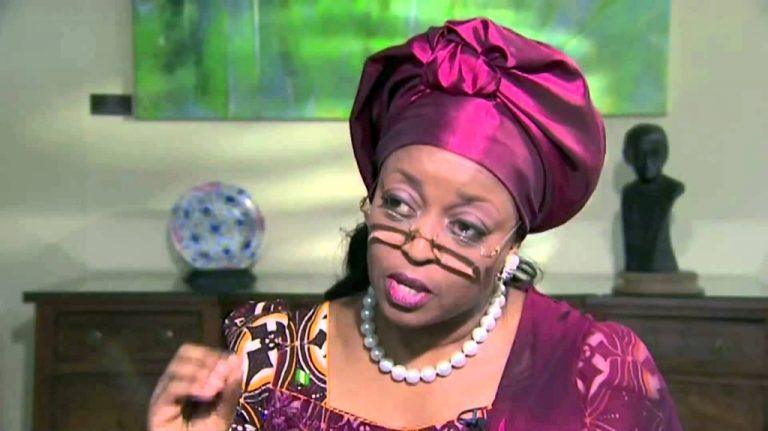Round up | Top five international stories for the week
By: Daramola Luke with contributions from Saheed Muheez
From the continued hostility between Moscow and Kiev to the climatic stalemate in Baku, the Azerbaijani state capital, last week was no exception as geopolitics churned out lots of events and headlines.
Here are five stories from the international arena that made the news:
- G20 leaders convene in Rio, discuss a plethora of issues
- Ukraine strikes deep inside Russia, Putin retaliates
- ICC issues arrest warrant for Netanyahu and others, world reacts
- Southeast Asian defence chiefs meet in Laos, talk regional security
- COP 29 climate summit concludes in Baku, fail to deliver mandate
Let’s take a deep dive;
1 – G20 leaders convene in Rio, discuss a plethora of issues
Brazil’s cultural hub, Rio de Janeiro hosted leaders and invitees from the world’s top economies in a summit held November 18 to 19 at the Modern Art Museum in Rio. The summit, themed Building a Just World and a Sustainable Planet, was presided over by President Inacio Lula Da Silva as the South American nation held the G20 presidency for 2024.
Prominent leaders in attendance included outgoing US President Joe Biden, UK Prime Minister Keir Starmer, Canadian Prime Minister Justin Trudeau, Italian Prime Minister Giorgia Meloni, Indian Prime Minister Narendra Modi, Chinese President Xi Jinping, German Chancellor Olaf Scholz, and French President Emmanuel Macron.
G20 Rio is the first to include the AU as a member since its announcement at the 2023 summit held in New Delhi, the Indian state capital, and without holding back, member states voiced their displeasure about the continued escalations in Ukraine and the humanitarian and economic effects the conflict has produced. Discussions also touched on climate disorders, humanitarian crises in West Asia, and fears of potential confrontations between the US and China as Trump is set to make a return to the White House.
Come 2025, attention will turn to South Africa as it prepares to host the next summit, marking the first time the African continent chairs the group.
2 – Ukraine strikes deep inside Russia, Putin retaliates
In the week marking 1,000 days since Russia’s so-called “special military operation” in Ukraine more actions unraveled between Moscow and Kiev on the war front. Ukraine, using US-supplied Army Tactical Missile Systems (ATACMS) Tuesday, November 19 launched a long-range strike deep into Russian territory. This comes after President Biden authorised the use of the US-made weapon to offset the balance of the conflict.
President Putin earlier in September had issued a stern warning against the use of Western weapons on Russian territories, which he considers a direct participation of NATO in the war. But that fell on deaf ears, as London also supplied and authorised the use of British Storm Shadow cruise missiles in Russia.
Much anticipation surrounded Putin’s response, but the world did not have to wait further as Russia Thursday was confirmed to have struck Dnipro, one of Ukraine’s largest cities, using newly deployed intermediate-range missiles codenamed “Oreshnik”.
Uncertainty looms on the horizon as the war enters into a more dramatic and dangerous phase.
3 – ICC issues arrest warrant for Netanyahu and others, world reacts
The International Criminal Court (ICC) Thursday filed arrest warrants for Israeli Premier, Benjamin Netanyahu, his former defence minister, Yoav Gallant, and top Hamas Commander, Mohammed Deif, speculated to have passed on.
The ICC said there were “reasonable grounds” to believe all three men bore criminal responsibility for war crimes and crimes against humanity committed during the conflict between Israel and Hamas. Both Israel and Hamas have rejected the allegations with PM Netanyahu tagging it “antisemitic”.
International reactions to the warrants were mixed. US President Biden condemned the ICC’s decision, labeling it “outrageous”. The U.S. administration emphasised its “ironclad” support for Israel and questioned the ICC’s jurisdiction. However, EU foreign policy chief Josep Borrell emphasised that ICC warrants are binding and that the EU cannot selectively enforce them.
Neither the US nor Israel is a member of the 124-state International Criminal Court (ICC). This raises uncertainty about whether member states would enforce the arrest warrants if the persons in question entered their territories.
4 – Southeast Asian defence chiefs meet in Laos, talk regional security
Southeast Asian defence chiefs met Thursday in Laos, the Vietnamese capital, to discuss pressing issues of regional security. This comes especially after the increased Chinese militaristic stance over its claim to the South China Sea.
The US Secretary of Defense, Lloyd Austin, attended alongside his Chinese counterpart, Dong Jun. However, tensions were evident as Dong Jun declined to hold a one-on-one with Lloyd Austin, particularly in a show of dissatisfaction with the US support for Taiwan; an island China claims as its own.
The summit was also the avenue for reassurance of American support for the ASEAN nations, particularly in the face of the change in American political administrations and the uncertainty tied to the impending return of Donald Trump to the White House.
5 – COP 29 climate summit concludes in Baku, fail to deliver mandate
Heads of state and government as well as ministers and technical experts from around the world convened in Baku, the Azerbaijan capital for Cop 29 November 11 – 22 to foster talks on climate finance. COP 29 inter alia was expected to yield a new global climate finance template so that countries may be better equipped to tackle the adverse effects of the change in global climatic conditions. However, to the dismay of a vast majority of enthusiasts and delegates from smaller nations the newly drafted finance deal delivered by negotiators proposed that the wealthy countries commit US$250 billion annually to help offset the deficit of carbon and other greenhouse gases.
To these nations, the finance deal offered nothing as US$1.3 trillion is needed by 2035 to effectively tackle the climatic elephant in the room with island nations voicing their discontent over perceived contempt for their vulnerable lands and people. They pointed out that many of the richer nations declined to put out definite figures for their contribution to the global cause and also promised faster transitions to renewable energy even as they were the leading producers of oil and gas and subsequently greenhouse gases.
Climate summits are avenues for pledges with little or no action taken to fulfill them; COP 29 was no exception even as COP 30 is set to take place in Belém, the capital of the state of Pará in Brazil come November 2025.








This is absolutely well detailed,looking forward to see more of this every week